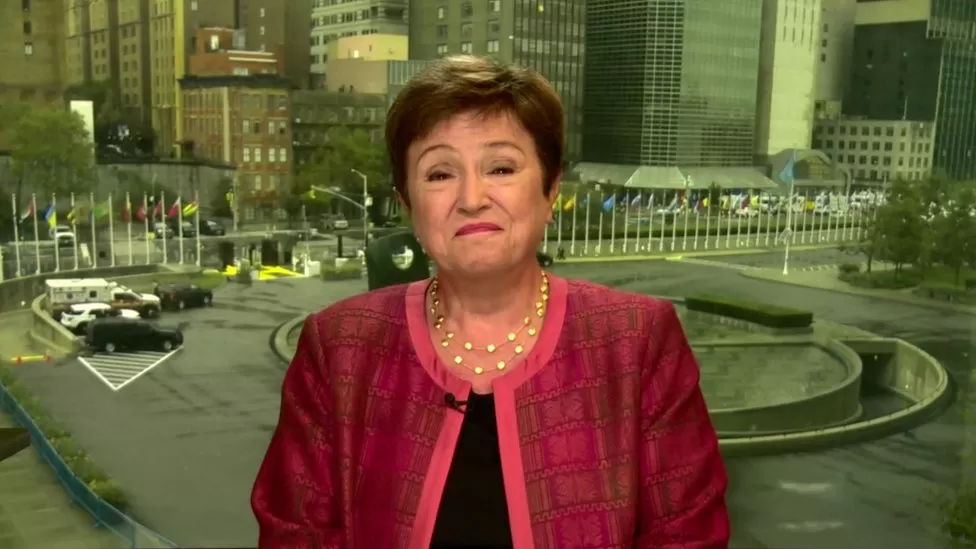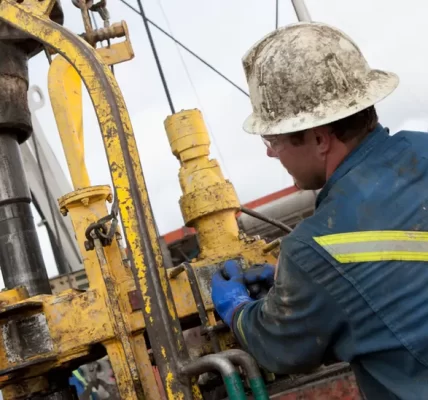According to Kristalina Georgieva, the multilateral lender will “only do what we are good at.”
However, she defended the IMF’s current focus on climate change after a top US official stated that the IMF “should not be experts on climate issues.”
The United States is one of its largest contributors.
US officials have been pushing for the IMF’s mission to be refined.
Kristalina Georgieva, director of the IMF, stated that other organizations, such as the World Bank, can take the lead on “sectoral issues” such as climate funding.
“We do what we are good at: sound policies for prosperity, growth, and employment,” she explained.
She did, however, add that climate shocks cannot be disregarded from policy decisions, and that discussions regarding financial stability measures must continue to include climate challenges.
The IMF, which was founded after World War II to foster international economic stability, is well-known for making low-interest loans to governments in trouble.
It is viewed as playing an important role at a time when forecasts estimate global growth to stay lower than recent historical norms.
What is the IMF, and why is it important?
The financial institution has around $1 trillion (£807 billion) in lending power and receives more than 15% of its budget from the United States.
Some in the United States have accused the fund of becoming sidetracked by topics such as climate change.
Republicans have been particularly vociferous in their criticism of the IMF, but the White House has also called the IMF – and its sister international financial institution, the World Bank – into question.
Jay Shambaugh, the US Treasury Department’s under-secretary for international affairs, advised the lender earlier this month to stay focused on financial challenges while promising more financial support for the institution.
“The IMF is full of incredibly talented people who can positively contribute to a wide range of challenges facing the global economy, but we cannot let the temptation to address every problem pull the IMF away from its core mission of macroeconomic and exchange rate surveillance and guidance,” he said earlier this month in a speech. “That mission is too important to abandon.”
The White House, according to Mark Plant, a senior policy scholar at the Center for Global Development, wanted the IMF to have the correct focus as the economic implications of climate change became more pressing.
“It is clear that the IMF, the World Bank, and all of the major international financial institutions will have to step up to the plate.” “The question is what role each of them plays,” he added, adding that he anticipated a lengthy debate.
“The fund, like all of these institutions, is still finding its way,” he continued.




